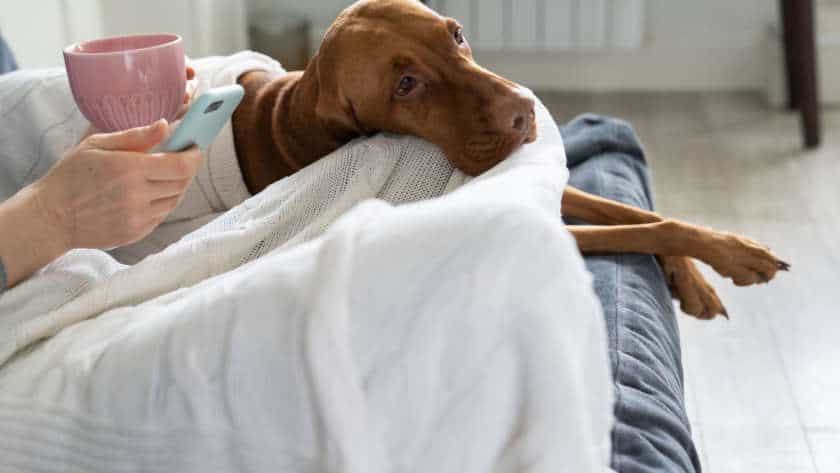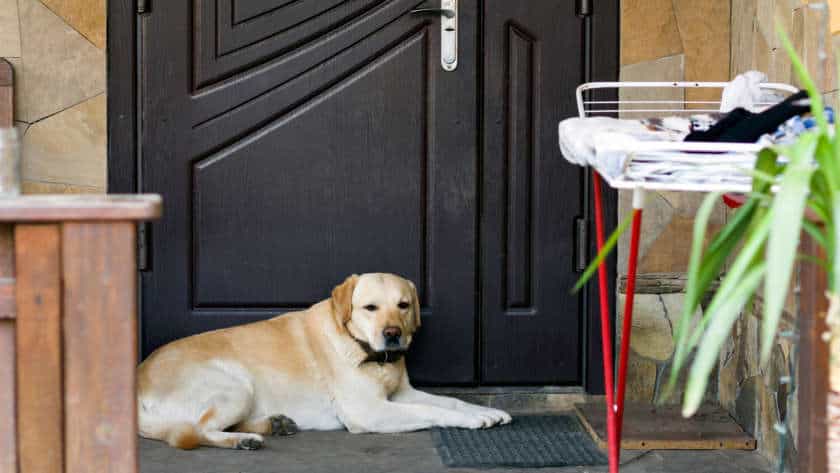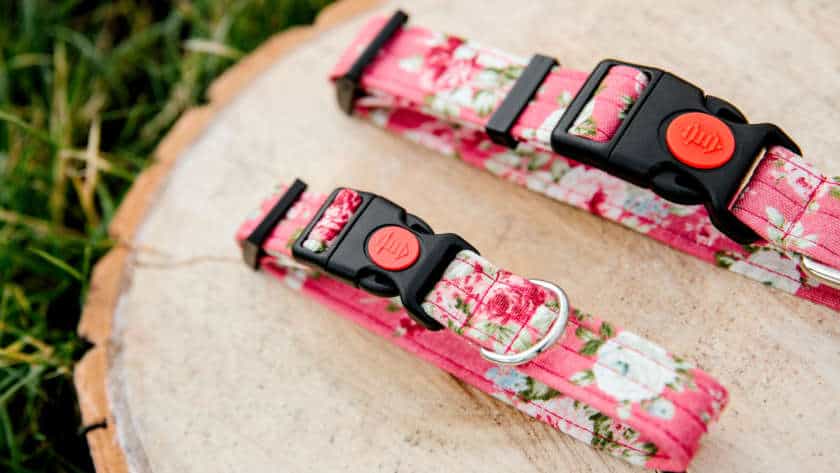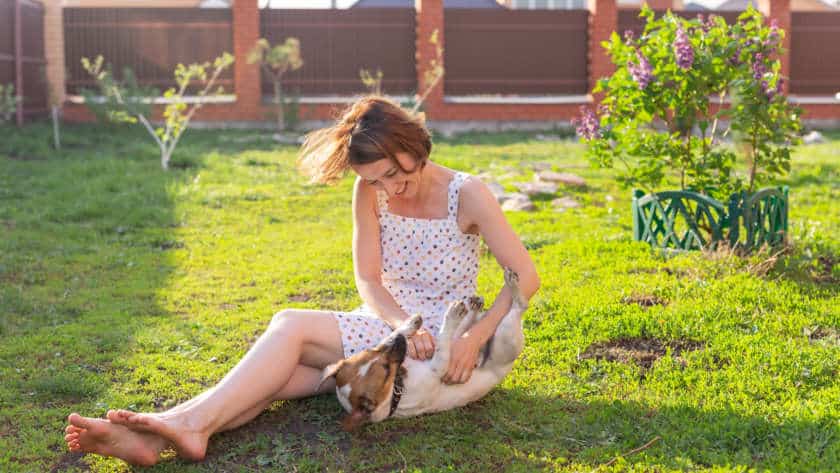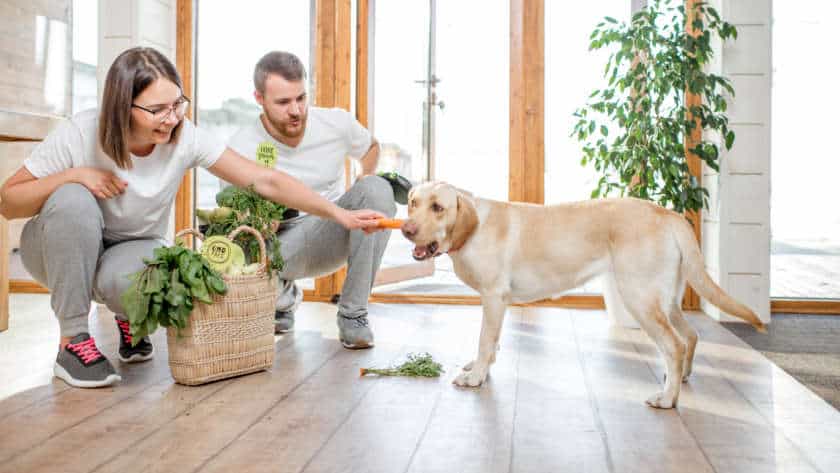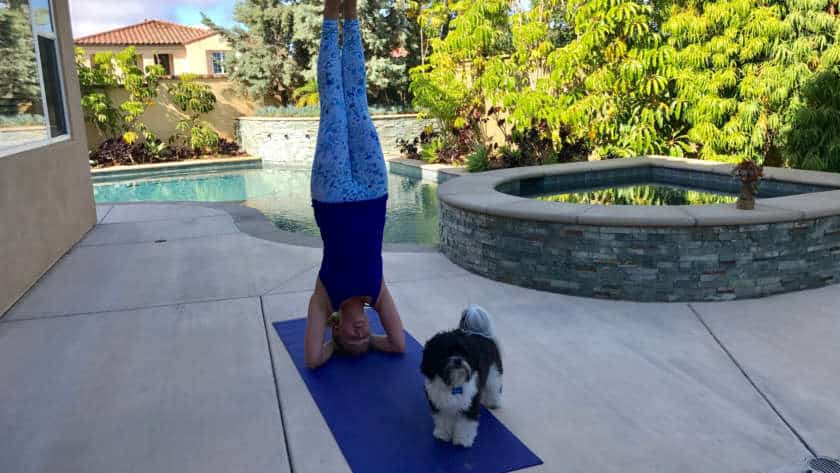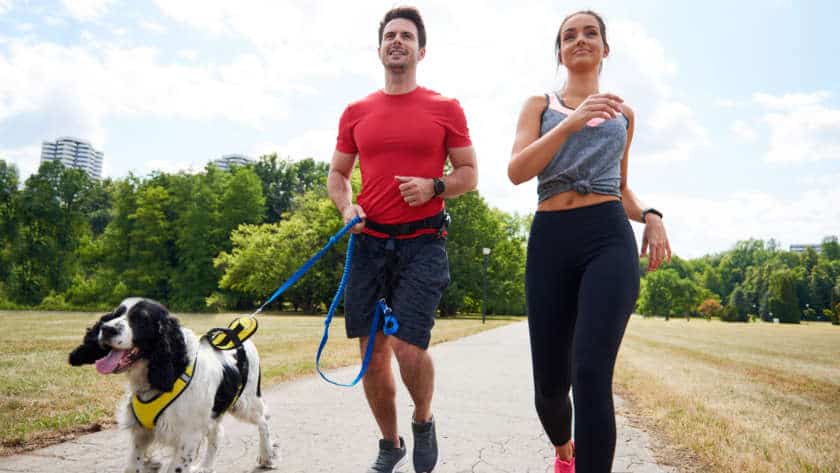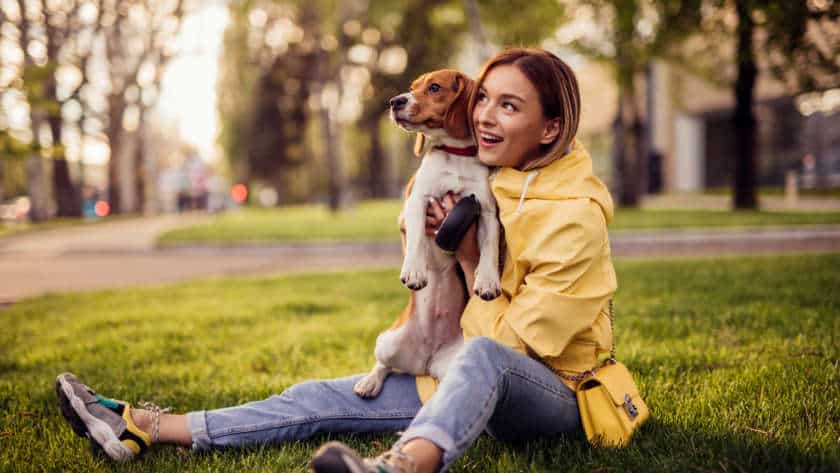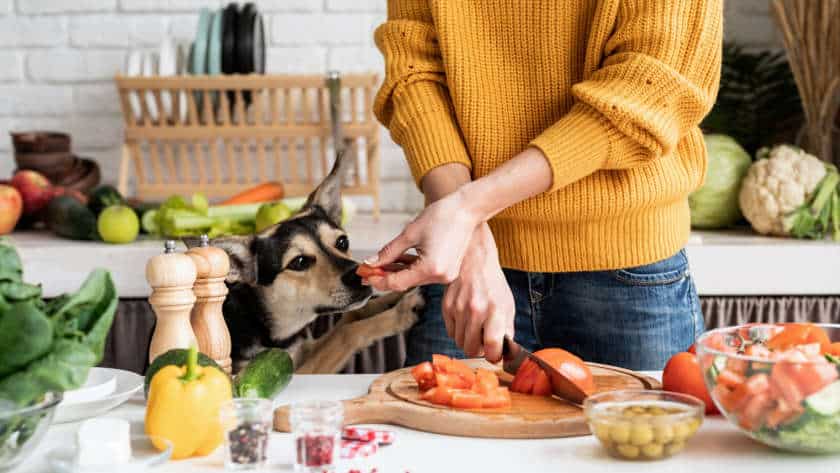Understanding Dog Separation Anxiety When you're away from home for a long time, it can take a toll on your pet. Dogs, especially, may have separation anxiety. This can cause them to act differently while you're gone. Knowing what separation anxiety is, how it affects your pup, and how to manage it are essential steps…
